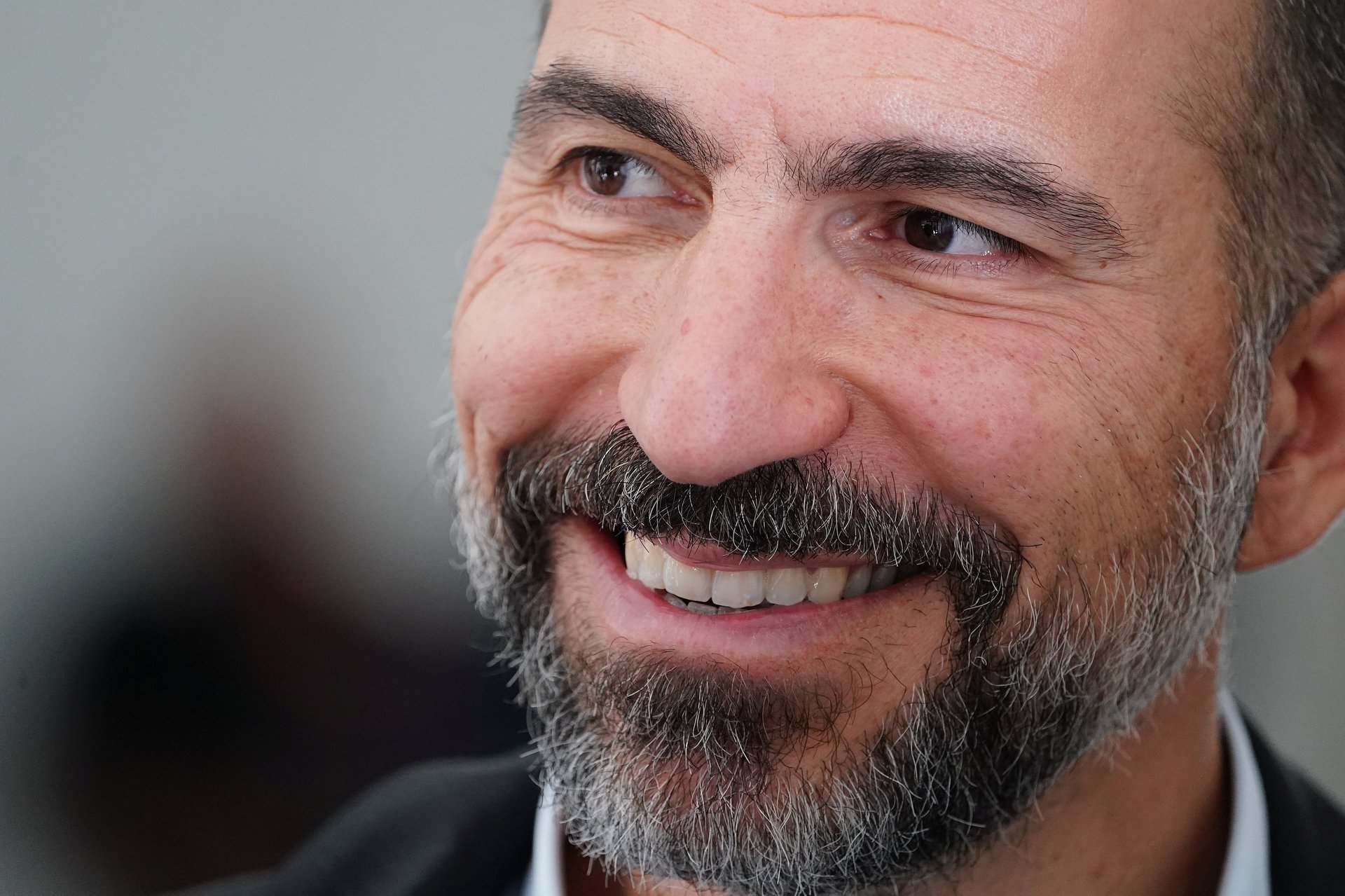Uber is bucking the biggest trend in startup IPOs this decade
When Uber goes public, every share will have one vote.


When Uber goes public, every share will have one vote.
Humdrum as that might sound, it’s a big deal. Over the past decade, technology companies have increasingly pursued so-called dual-class share structures as they head to the public markets. The goal of these arrangements is to keep control concentrated among founders and other pre-IPO shareholders. The company accomplishes this by creating one class of stock with many votes per share, often called “super-voting” shares, and a second class of stock for public consumption, usually with one vote per share.
Think of a technology company that’s gone public in the last several years, and the odds are good that it has a dual-class share structure. Dropbox, Eventbrite, Blue Apron, MongoDB, Roku, and Twilio all went public with a one-to-10 structure for their class A and class B shares. Snapchat parent Snap went further when it listed in 2017, only selling the public shares that came with zero votes.
Alphabet (Google at the time) rewrote the rules (paywall) on voting rights. When Google filed for an IPO in 2004, it proposed a dual-class structure that included class B stock with 10 votes per share for existing investors, and class A stock with one vote per share for the public. “The main effect of this structure is likely to leave our team, especially Sergey and me, with increasingly significant control over the company’s decisions and gate,” Google co-founder Larry Page wrote in a preface to the company’s IPO filing.
It makes sense that startup founders go to such lengths to maintain control over their companies: Silicon Valley is a founder-obsessed culture. Venture capitalists talk about investing in the founder, not the company, so why would they want to see the lynchpin of their investment pushed from power after an IPO? Founders are expected to lead, set the company tone and culture, and create the long-term vision. They likely see no reason why that should end once the company goes public.
Traditional investors are less keen on these arrangements, however, and have found ways to signal their displeasure. In 2017, the keepers of the S&P 500 barred public companies (paywall) with multiple classes of shares from joining their signature index. Other large fund managers, including BlackRock, Vanguard, T.Rowe Price, and TD Asset Management have signed a corporate governance initiative that calls for US-listed companies to avoid unequal voting rights by adopting a “one-share, one-vote standard.”
Uber reformed its voting structure in 2017, stripping super-voting rights from co-founder Travis Kalanick and other early shareholders as part of a major investment by Softbank.
The company is clearly proud of its one-share, one-vote policy. Uber highlights it twice in a pair of checklists included under the corporate governance section of its IPO prospectus. “One share one vote” is the first item on a list titled “What We Do.” The first item on a corresponding list, “What We Don’t Do,” is “Dual class stock.”
These checklists read as both a comment on the broader tech industry and a specific dig at competitor Lyft, which started trading on the Nasdaq on March 29. Lyft sold class A stock with one vote per share in its offering but also had class B stock that conferred 20 votes per share. Lyft’s final registration statement disclosed that 100% of those class B shares were held by co-founders Logan Green and John Zimmer.